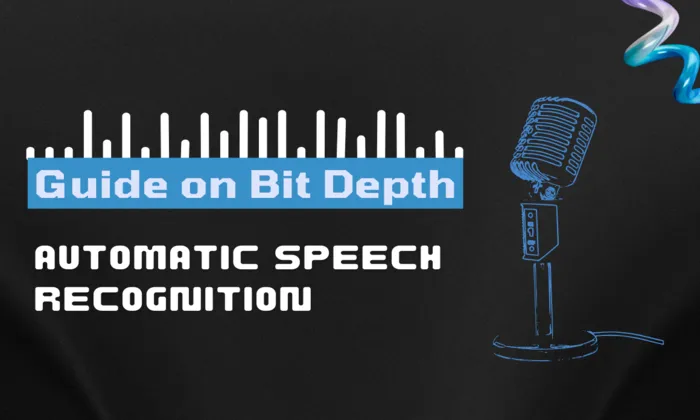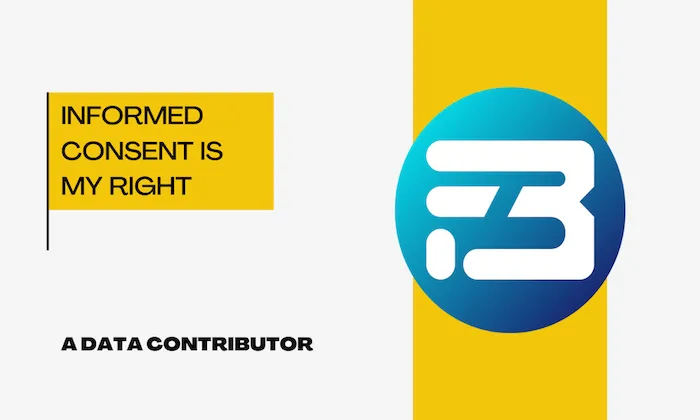Doctor-patient dataset vs general speech corpus - which trains better medical models?
Dataset Training
Healthcare
Medical Models
When it comes to training medical models, choosing the right dataset is crucial. The decision between using a doctor-patient conversation dataset and a general speech corpus can significantly impact the model's effectiveness in healthcare applications. Each dataset type offers unique advantages and challenges, influencing the model's ability to handle medical dialogues effectively.
Comparative Analysis of Doctor-Patient Datasets and General Speech Corpora
- Doctor-Patient Datasets: Doctor-patient datasets are crafted to capture realistic interactions between healthcare professionals and patients. These datasets encompass unscripted conversations that reflect the complexities of medical dialogue, making them ideal for training models in healthcare AI applications like speech recognition and natural language understanding (NLU). They provide contextually rich interactions, incorporating medical terminology and emotional nuances necessary for tasks like clinical summarization and empathy detection. The dataset's authenticity is enhanced by simulated yet realistic scenarios, constructed under professional supervision to emulate real-life clinical encounters without compromising patient privacy. This approach ensures models can accurately interpret medical contexts and respond empathetically, essential for improving patient interactions.
- General Speech Corpora: In contrast, general speech corpora include diverse conversational data from everyday interactions across various topics and demographics. While this diversity can enhance a model's ability to grasp general language patterns, it lacks the domain-specific vocabulary and context crucial for medical applications. Consequently, models trained on general conversation datasets might struggle with medical jargon or specific clinical scenarios, negatively affecting their performance in healthcare contexts.
Why Dataset Choice Matters for Healthcare AI
The selection between these datasets directly affects model performance. Healthcare AI models must accurately interpret medical language and exhibit empathy—capabilities often underdeveloped in models trained on general speech data. Doctor-patient datasets, with their focus on medical dialogues, enable models to handle complex clinical interactions effectively, improving patient outcomes and conversational accuracy.
Critical Trade-offs in Dataset Selection for Medical Models
- Focus and Specificity: Doctor-patient datasets offer the specificity required for healthcare tasks but may lack the conversational breadth of general speech corpora. Despite this, their targeted nature makes them invaluable for applications needing precise medical understanding.
- Resource Allocation: Investing in doctor-patient datasets involves higher initial costs in terms of speech data collection and annotation. However, the benefits of developing models that accurately understand and engage in medical dialogues often outweigh these costs, providing long-term value.
Common Pitfalls in Medical Dataset Selection
Experienced teams sometimes underestimate the importance of domain-specific data, mistakenly relying on general speech corpora. This oversight can lead to models ill-equipped for medical tasks, resulting in inaccuracies and delayed deployments. Another common mistake is neglecting speaker diversity sourcing, which can hinder model generalization across different patient populations.
Implications of Poor Dataset Selection
Choosing the wrong dataset can have significant consequences, such as delayed model deployment and increased inaccuracies in healthcare settings. These missteps underscore the importance of aligning dataset selection with specific healthcare objectives to ensure optimal model performance.
Real-World Impact and Use Cases
Doctor-patient datasets have been successfully used to develop models that improve patient interactions through accurate speech recognition and understanding of medical contexts. For instance, a model trained on such data can effectively identify patient concerns and generate empathetic responses, enhancing the quality of care.
Conclusion
In summary, while both doctor-patient datasets and general speech corpora have their merits, doctor-patient datasets are generally more suited for developing healthcare-specific models due to their rich context and relevance. By understanding the strengths and limitations of each dataset type, organizations can make informed decisions that lead to more effective medical models, ultimately improving patient care and interaction outcomes.
For healthcare AI projects needing robust training data, FutureBeeAI offers comprehensive doctor-patient datasets that ensure your models are equipped to handle real-world medical interactions with precision and empathy.
Smart FAQs
Q. What makes doctor-patient datasets superior for healthcare AI applications?
A. Doctor-patient datasets provide specialized interactions with medical terminology and emotional cues, crucial for healthcare applications, ensuring models understand and respond accurately in clinical scenarios.
Q. Is it possible to use a general speech corpus for medical models?
A. Yes, but it requires extensive fine-tuning with domain-specific data to handle medical dialogue effectively, which may compromise efficiency and accuracy in healthcare applications.
What Else Do People Ask?
Related AI Articles
Browse Matching Datasets
Acquiring high-quality AI datasets has never been easier!!!
Get in touch with our AI data expert now!








